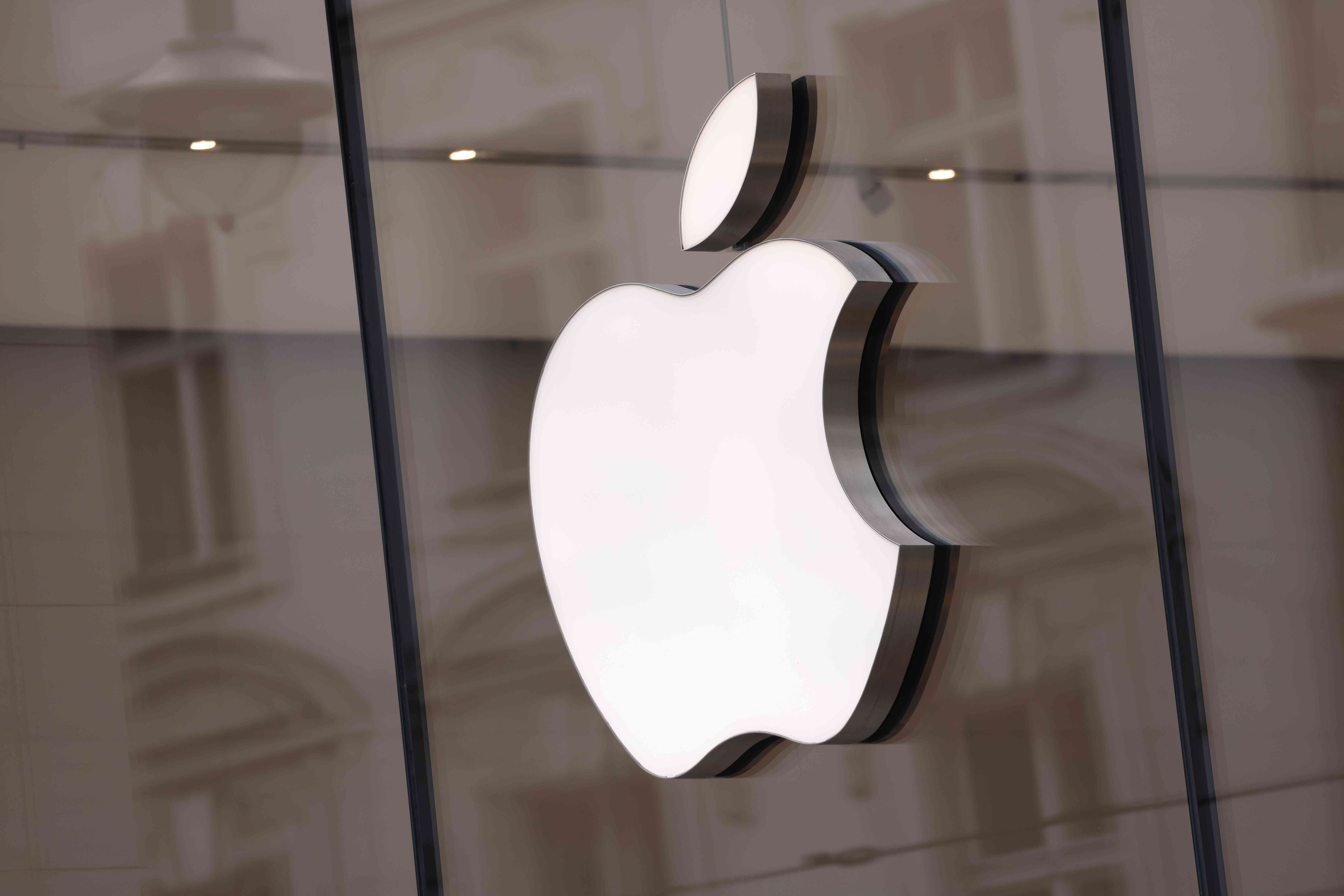
Key Takeaways
- Stock buybacks rose 10% in the first quarter of 2024 compared with the same time last year, S&P Dow Jones Indices announced Monday.
- The largest 20 companies in the S&P 500 accounted for roughly half of the quarter’s buybacks, a smaller share than the previous quarter but still above the average.
- Apple, Google-parent Alphabet, Meta, Nvidia, and Wells Fargo were the companies with the largest stock buybacks in the quarter.
Stock buybacks among S&P 500 companies rose in the first quarter of 2024 compared with the previous quarter and the first quarter of 2023, S&P Dow Jones Indices said Monday.
A total of $236.8 billion was spent on stock buybacks in the first quarter, up from $219.1 billion in the previous quarter, and up about 10% from $215.5 billion in the first quarter of last year.
Largest Companies Account for Half of Q1 Buybacks, but Future is Uncertain
The largest 20 companies in the index were responsible for 50.9% of the buybacks in the first quarter, slightly down from last quarter’s rate of 54%, but still above the historical average of 47.5%.
The overall number of companies buying back shares was similar to last year, with 352 companies reporting buybacks of at least $5 million compared with 358 companies who did so in the same period last year. In the latest quarter, 380 companies performed some form of stock buyback, slightly down from 390 in the year-ago quarter.
The companies with the biggest buyback campaigns in the first quarter were as follows:
- Apple ( AAPL ): $23.5 billion
- Meta Platforms ( META ): $18.2 billion
- Alphabet ( GOOGL ): $15.7 billion
- Nvidia ( NVDA ): $9.5 billion
- Wells Fargo ( WFC ): $6 billion.
Consumer discretionary was the lone sector that decreased buybacks in the quarter. Several retailers warned of a decline in discretionary spending in their most recent earnings reports. Tech, finance, health care, and consumer staples all posted increases in buybacks.
Wait for Interest-Rate Cut Could Slow Buybacks
However, uncertainty surrounding when the Federal Reserve will cut interest rates could affect buyback plans for the rest of the year.
“Given the market’s current expectations for interest rates to decline later in the year and the continued uncertainty over geopolitical and domestic issues,” S&P Dow Jones Indices Senior Index Analyst Howard Silverblatt said, “companies may be shy to finance buybacks going forward as discretionary buybacks, which reduce share count, may need to be financed from ongoing operations.”

